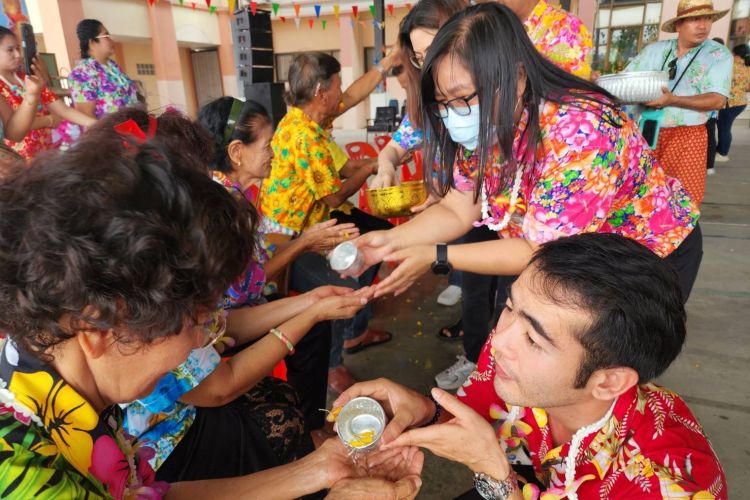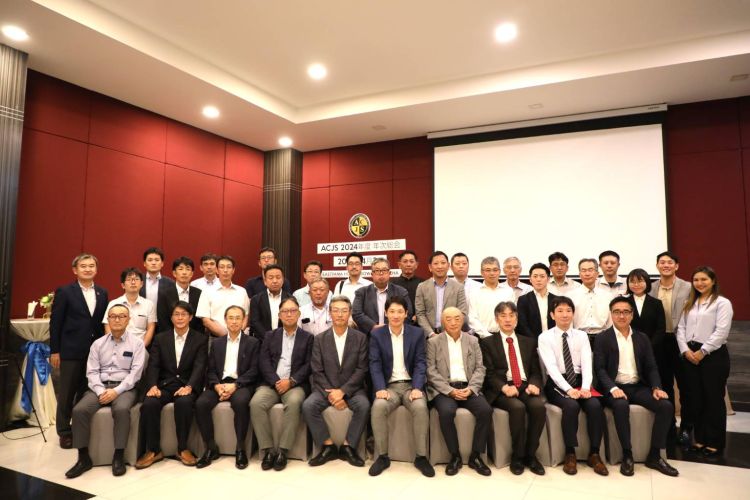-
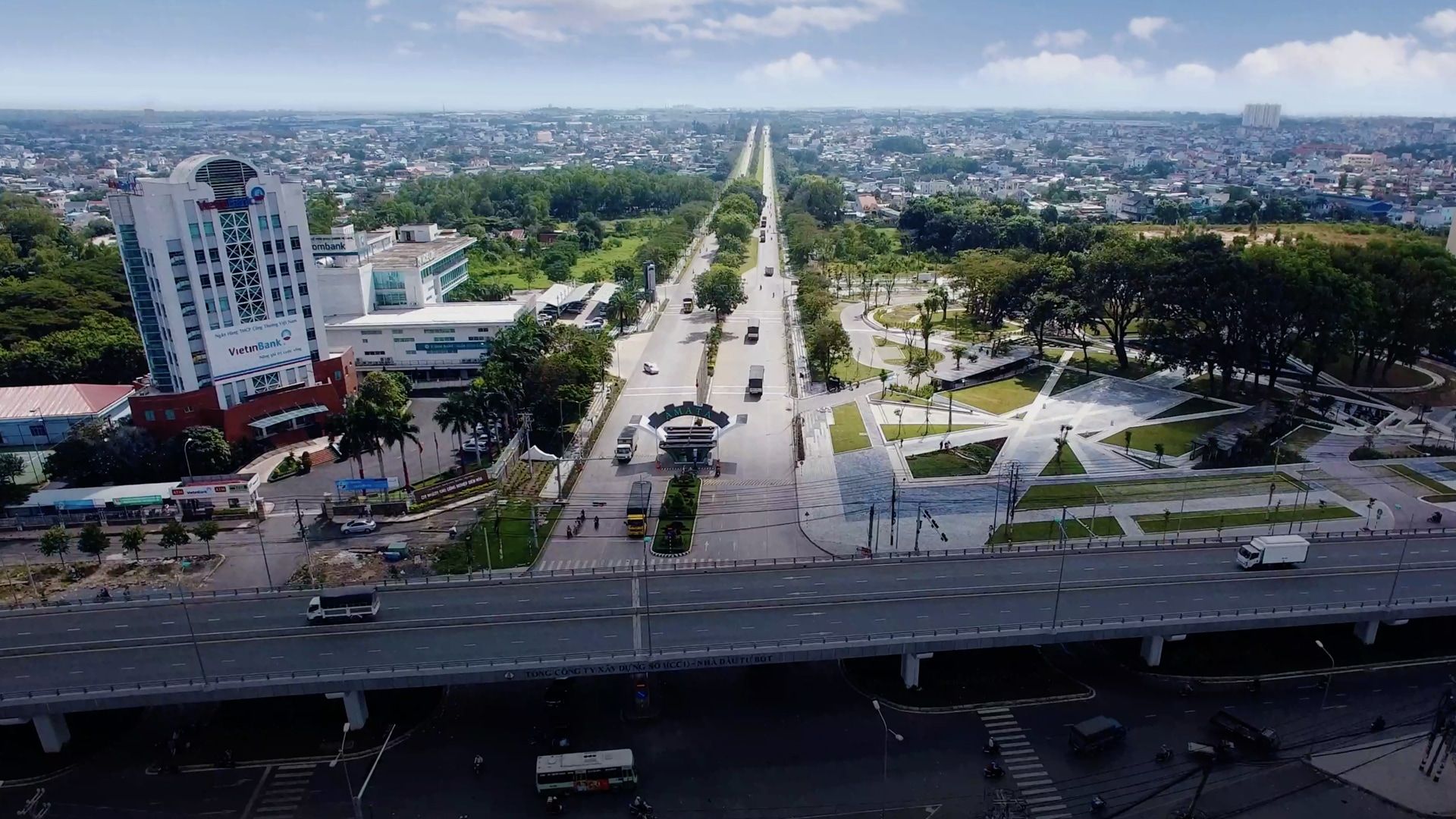
Creating Perfect Cities, Where possibilities happen.
-
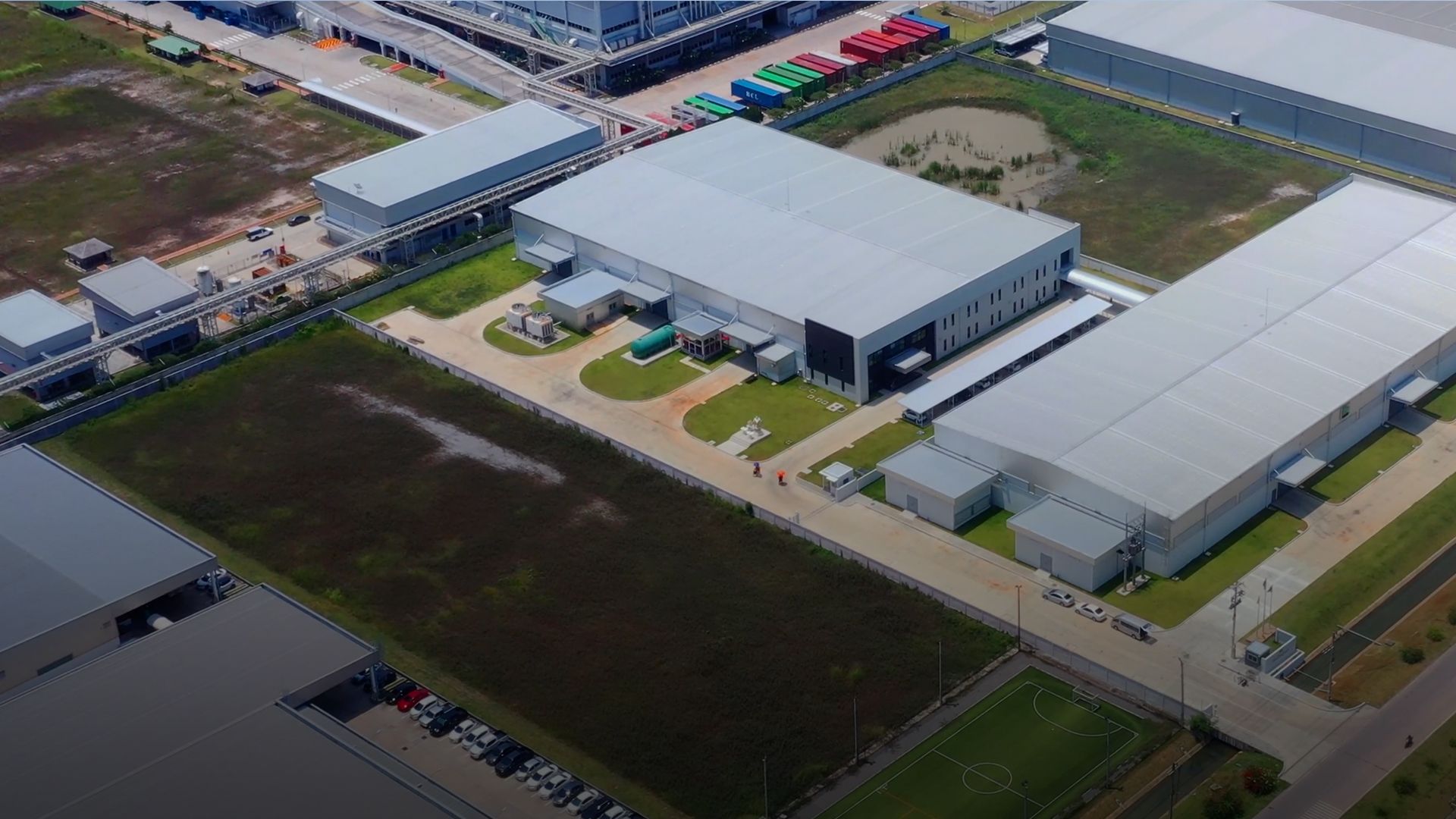
Creating Perfect Cities, Where possibilities happen.
-
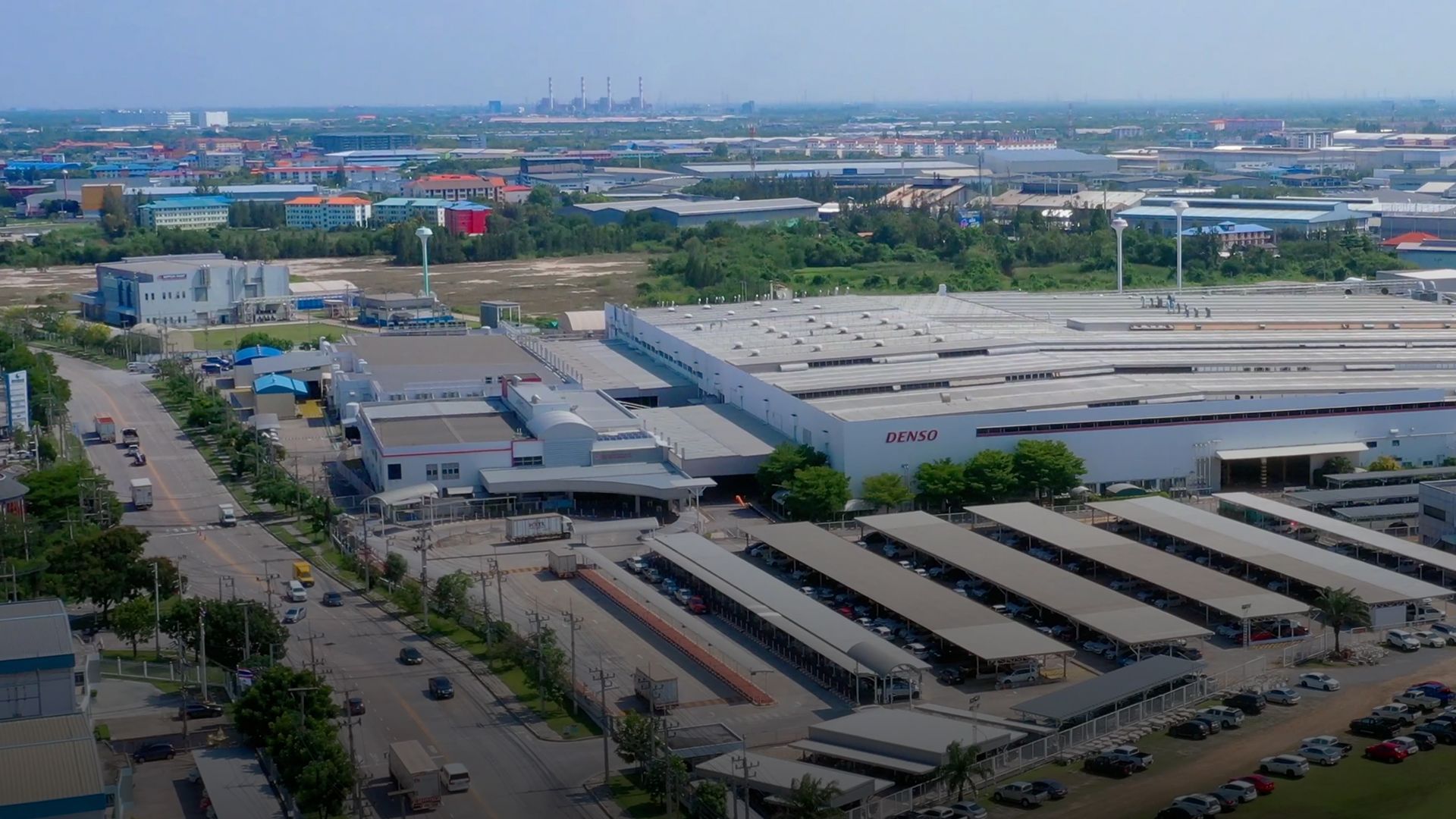
Creating Perfect Cities, Where possibilities happen.
Welcome to a world of exciting possibilities.
Every business needs a home and if you are looking for a place to set up or expand your manufacturing base in Southeast Asia, Amata provides the answer.
Established in 1989, Amata is a world’s leading private developer and operator of industrial real estate sites, or as we call them ‘industrial cities’.
We specialize in the planning, developing, managing, and marketing these industrial estates. The company strives not only to provide a location for businesses, but to create integrated cities with dedicated utilities, infrastructure and facilities and a range of services. You can find a range of options for land acquisition and factory builds, depending on the country, including our own rental factories and warehouses for an easy start-up.
7
Thailand, Vietnam, Lao PDR, Myanmar
100+
Combined Over All Locations
1,440+
Combined Over All Locations
330K+
Combined Over All Locations
41
In the Group
AMATA Sustainability
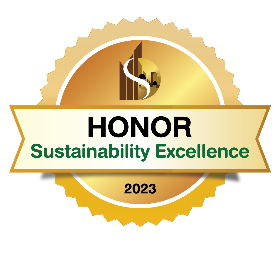
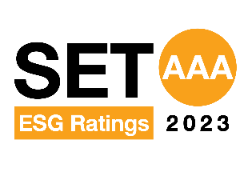
AMATA is determined to grow it business and socio-economy together with good coexistence between the industries and surrounding communities on the basis of responsibility to natural resources and environmental preservation. As large industrial cities consume a lot of resources by nature, it thus directly and indirectly causes both positive and negative impacts on the economy, society and environment. Therefore, the Company has been operating strictly according to the “ALL WIN” philosophy which focuses on creating value to its stakeholders, along with the Company’s business growth.

Enhancing Circular Economy and Responsible Consumption
Strive for Clean Energy Towards Low Carbon City
Innovating for the Future Industries
Creating Value for Society
News & Updates
Subscribe to our newsletter
Contact us for more details.
+84 251 3991 007 (South)
+84 203 3567 007 (North)
+85 620 5758 0007
© AMATA CORPORATION PCL. All rights reserved. Web by Toneyes









